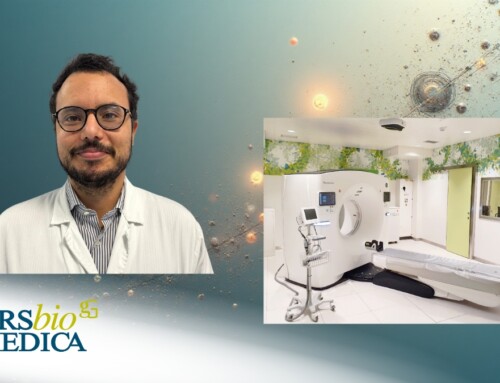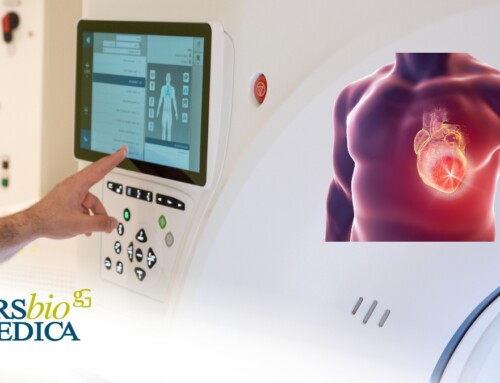
Articolo del 04/11/2024
Many individuals struggling with pelvic floor disorders experience symptoms that severely impact their quality of life, often believing that their condition is untreatable or hopeless. However, thanks to advancements in medical and surgical knowledge, effective approaches are now available to address and significantly alleviate these issues.
We spoke with Dr. Ilaria Clementi, a proctologist and general surgeon at Arsbiomedica, to learn more.
What is the Pelvic Floor?
The pelvic floor is a network of muscles that supports and defines the area containing the pelvic organs. This includes supporting the urinary system (urethra and bladder), the female reproductive system (vagina and urethra), and the anorectal complex. The pelvic floor plays a crucial role in urination, sexual activity, and defecation and is divided into anterior and posterior compartments.
Addressing pelvic floor disorders often requires a multidisciplinary approach involving urologists, gynecologists, and physical therapists to provide comprehensive care tailored to each patient’s needs.
What Causes Pelvic Floor Disorders?
Pelvic floor disorders are primarily associated with conditions such as hemorrhoidal disease, anal fissures, rectal and pelvic organ prolapse, rectocele, fecal incontinence, and defecation disorders, including constipation and obstructed defecation syndrome.
How Are These Disorders Diagnosed?
A proctological examination is recommended to fully assess symptoms and determine the best diagnostic pathway. Key diagnostic tools include:
- Anorectal manometry: A non-invasive test that measures sphincter pressures.
- 360-degree endoanal ultrasound: Using a rotating probe to assess the integrity of the sphincters.
- MRI with defecography: A dynamic MRI study to evaluate the anatomy and physiology of the pelvic organs.
- These comprehensive diagnostic procedures are available at Arsbiomedica’s state-of-the-art center in Rome’s northern district.
When is Surgery Considered for Pelvic Floor Disorders?
Surgical intervention may be considered when medical and rehabilitative therapies have not yielded the desired results, and the patient’s quality of life remains suboptimal. Surgical options may include:
- Minimally invasive techniques for mucosal hemorrhoidal prolapse, such as dearterialization and endolift.
- Laparoscopic procedures for more advanced pelvic prolapse.
- Perineal or abdominal surgery for obstructed defecation syndromes.
- Minimally invasive procedures for fecal incontinence, often using prosthetics.
- Arsbiomedica offers a range of specialized treatments tailored to the needs of individuals with complex pelvic floor disorders, helping restore quality of life through advanced diagnostic and surgical techniques.






